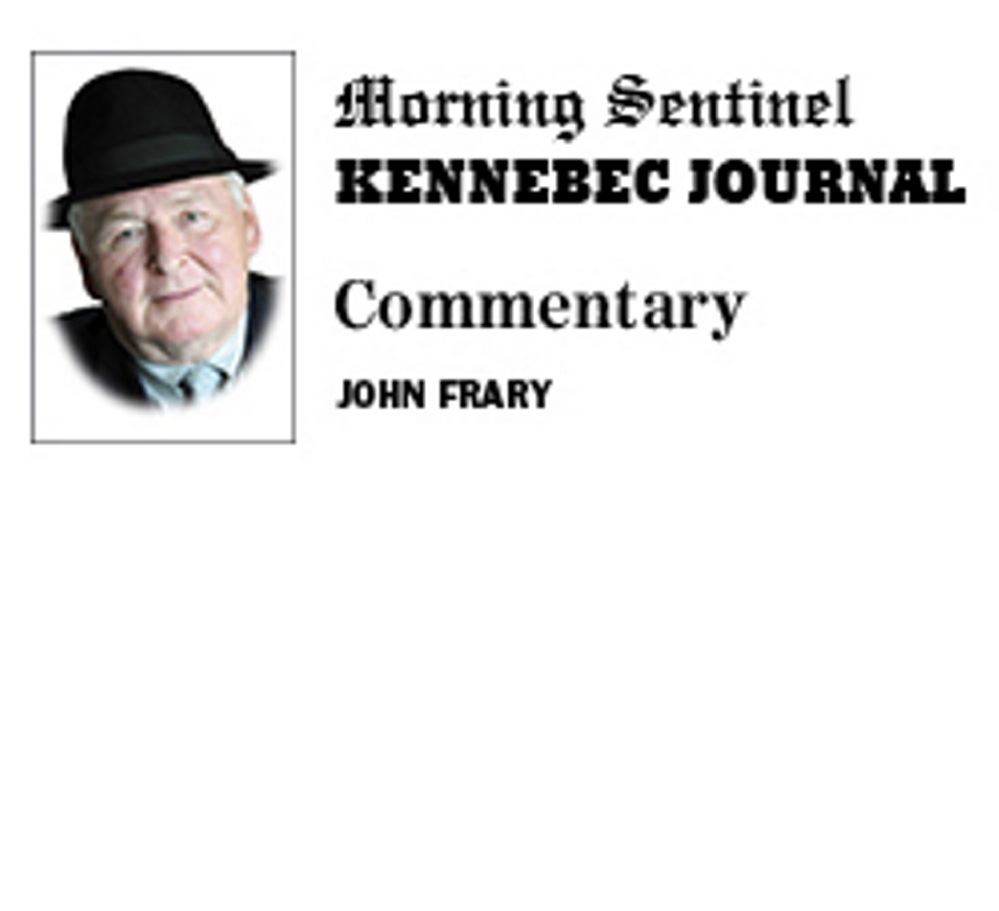Set aside, just for a moment, all frettings and fussings about partisan bickering and reflect. Unanimity is a feature of totalitarian dictatorships. Open conflict and dispute are characteristics of democracy.
A governor whose purpose is to operate the status quo while avoiding confrontation can hope for unenthusiastic good will. Governors who aim for change are known as controversial. Paul LePage has made it clear from the start that he aimed to change the status quo erected during a generation of Democratic predominance with moderate Republican compliance. He expected and intended to be controversial from the start.
The changes he seeks affect the state’s regulatory complex, its administrative operations, the level and structure of taxation, our educational structure and performance, our welfare system and energy policy.
Having sat with LePage at Maine Taxpayers’ United meetings, I feel confident in saying that his concerns about taxation come under two distinct headings.
First, he believes that respect for justice and freedom requires a limit to the government’s claim on its residents’ earnings. Second, he sees excessive tax burdens as a drag on economic development.
LePage aims to reduce the income tax with a view to its eventual abolition. This, in itself, is no guarantee of a net reduction in the tax burden. The primary rationale for income tax reduction is the stimulation of economic development. The scope of opposition to this measure may match the scope of the proposed reforms.
His inauguration speech, delivered on Wednesday, clearly implied that less income tax revenue meant less revenue-sharing. He acknowledged that as mayor of Waterville he warmly approved of revenue sharing, but as governor of Maine he has grown chill about the practice.
Sen. Tom Saviello, R-Wilton, already has made clear his opposition to income tax reform if it required reduced revenue sharing. He will not stand alone among Republicans on this issue.
The governor acknowledged the strength of local control sentiment in our state. He said he shared it, but made it clear that local control without local responsibility was a bit bogus. As a practical matter, LePage believes subsidizing municipalities with state money removes a key incentive to consolidation of services, thus impeding reform from the bottom up.
In fact, the 2006 report by the liberal Brookings Institution, “Charting Maine’s Future,” suggested that Maine might change its slogan from Vacationland to “Administrationland” because of its bureaucratic overload.
The governor’s inaugural speech made it clear that he was none too pleased with the results of the bottom-down reform (school and jail consolidation) originally inspired by “Charting Maine’s Future.”
In any case, municipal officials — both Republican and Democratic, conservative and liberal — will resist the loss of those revenue sharing funds. And it’s pretty well known that taxpayer resistance to lump-sum property tax payments is always stronger than payments of the same (or larger) sums through withholding or sales taxes.
Income tax reform is a steep political hill that LePage proposes to climb.
The inaugural speech left no doubt that reduced energy costs were as important, if not more important, than reduced taxation for future economic development. LePage said Charlie Baker, the new Republican governor of Massachusetts, is anxious to facilitate the natural gas pipeline, and he re-iterated his hope that legislation will clear the way for an agreement with Quebec Hydro.
LePage also suggested that technological development made expanded exploitation of Maine’s many small dams practical, and praised the installation of 10,000 heat pumps in Maine homes. The speech affirmed that the governor was open to all economical forms of energy production.
As expected, LePage plans to continue and expand projects and policies already underway: welfare reform, his attack on domestic violence, clearing the obstacles to educational innovation and improving governmental efficiency. He added that, with the hospitals paid off, he would be more receptive to state investments in infrastructure by bond issues.
LePage’s continued promotion of educational reform likely will generate the strongest opposition, The Maine Educational Association is a potent force and has repeatedly made it clear that it opposes any form of education that it can’t control. This will reinforce opposition to the governor’s ambition to pass a Maine right to work law, which would allow employees who don’t belong to a union the right to not pay fees in lieu of membership.
People looking forward to a more tranquil, less controversial second term are doomed to four years of almost continual disappointment.
John Frary of Farmington is a former congressional candidate and retired history professor, a board member of Maine Taxpayers United and publisher of www.fraryhomecompanion.com. Email to jfrary8070@aol.com.
Send questions/comments to the editors.



Success. Please wait for the page to reload. If the page does not reload within 5 seconds, please refresh the page.
Enter your email and password to access comments.
Hi, to comment on stories you must . This profile is in addition to your subscription and website login.
Already have a commenting profile? .
Invalid username/password.
Please check your email to confirm and complete your registration.
Only subscribers are eligible to post comments. Please subscribe or login first for digital access. Here’s why.
Use the form below to reset your password. When you've submitted your account email, we will send an email with a reset code.